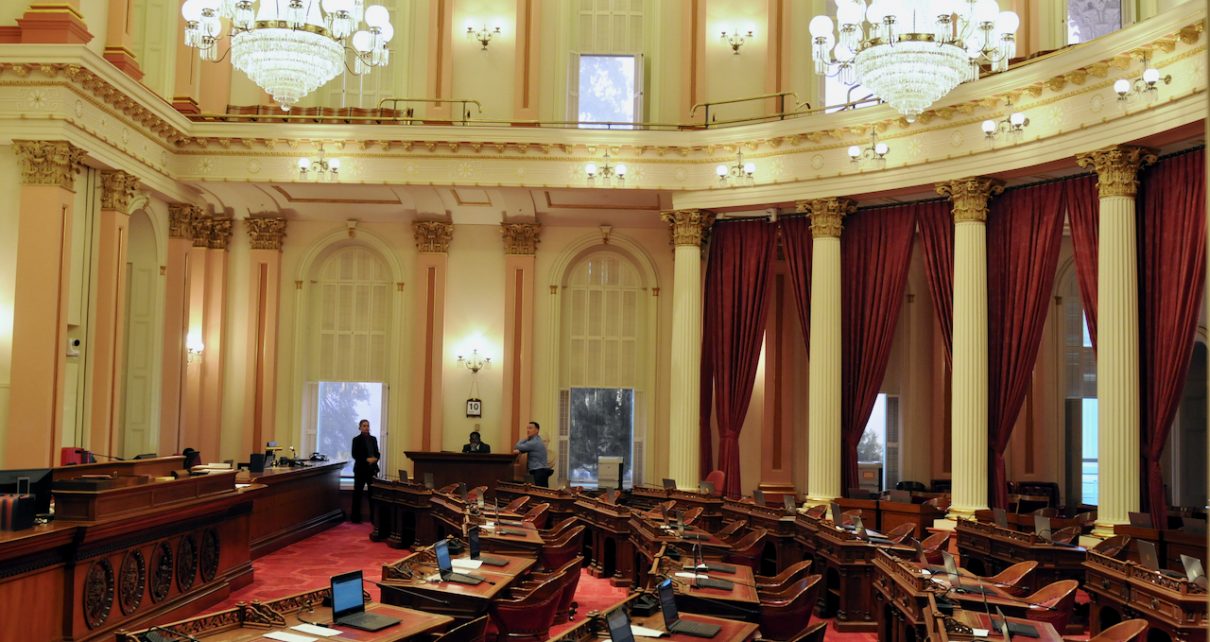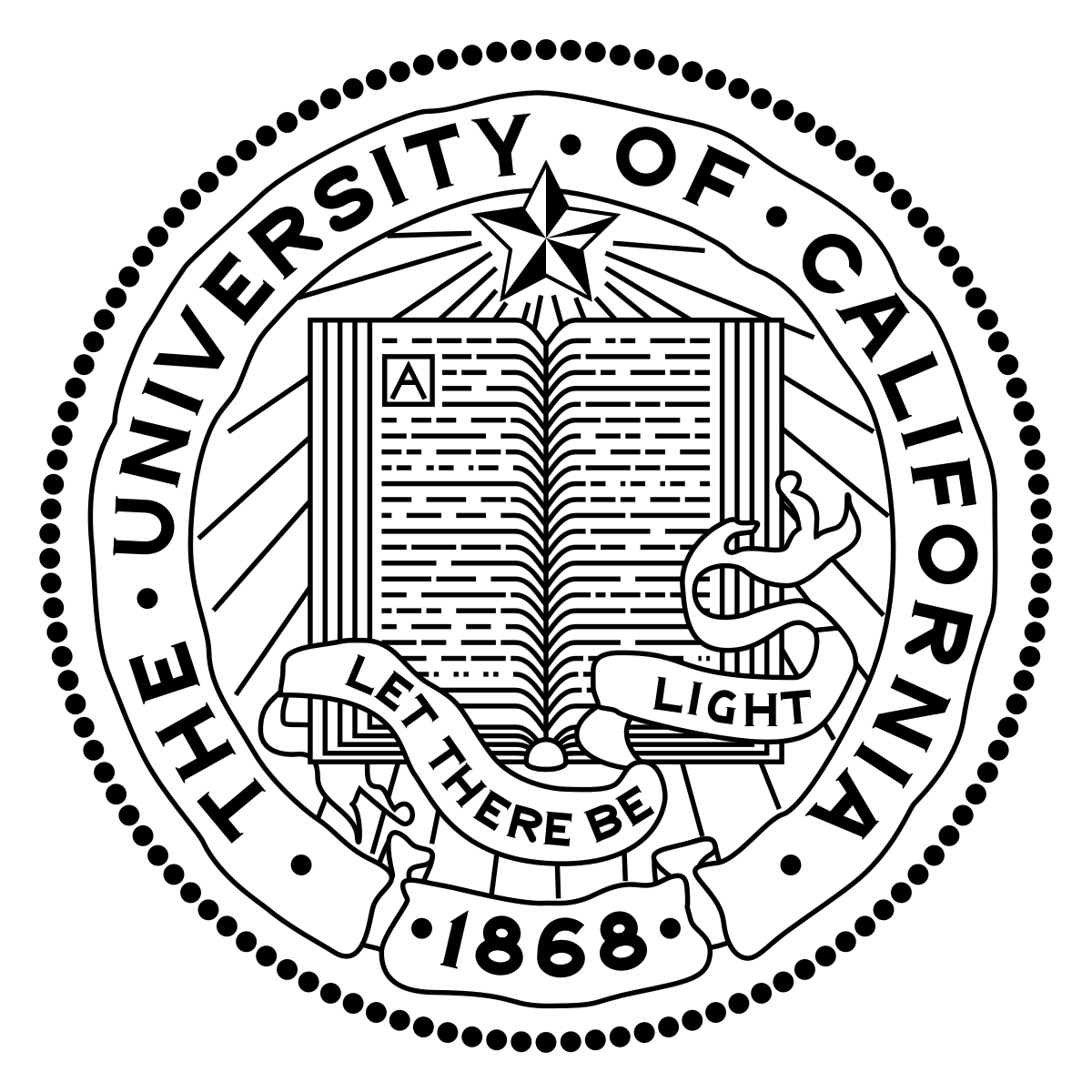
California Senate Chambers. (Photo: Kevin Sanders for California Globe)
Why Do Bills Request the UC Regents to Adopt Education Policies?
The Legislature has authority to enact statutes impacting school districts, community colleges, and California State University system
By Chris Micheli, March 3, 2022 6:50 am
The Legislature has authority to enact statutes impacting school districts, the community colleges, and the California State University system. These provisions are set forth in the Education Code. However, it is the University of California Board of Regents who adopt education policies for the UC system, rather than the Legislature mandating them by statute to do so.
As a result, in reading a bill proposing to enact education policy for the University of California system, the following examples set forth language that a reader would likely see in a bill:
This section shall apply to the University of California to the extent that the Regents of the University of California, by appropriate resolution, make that provision applicable.
Or
The Regents of the University of California are requested to adopt a policy directing the Office of the President of the University of California to establish systemwide protocols for admissions of students, to become effective for the fall 2023 admission cycle of the university.
This is due to the fact that the University of California is established by the state Constitution, rather than by statute like other state agencies, departments, and other educational institutions in this state. The University of California system is set forth in Article IX (“Education”), Section 9, which provides, in part:
(a) The University of California shall constitute a public trust, to be administered by the existing corporation known as “The Regents of the University of California,” with full powers of organization and government, subject only to such legislative control as may be necessary to insure the security of its funds and compliance with the terms of the endowments of the university and such competitive bidding procedures as may be made applicable to the university by statute for the letting of construction contracts, sales of real property, and purchasing of materials, goods, and services. Said corporation shall be in form a board composed of seven ex officio members, which shall be: the Governor, the Lieutenant Governor, the Speaker of the Assembly, the Superintendent of Public Instruction, the president and the vice president of the alumni association of the university and the acting president of the university, and 18 appointive members appointed by the Governor and approved by the Senate, a majority of the membership concurring; provided, however that the present appointive members shall hold office until the expiration of their present terms.
Readers of bills in the California Legislature will also see an explanation of this in the Legislative Counsel’s Digest accompanying all bills. The following is an example of a Digest in a current bill:
Existing law establishes the University of California (UC), under the administration of the Regents of the University of California, as one of the segments of public postsecondary education in the state. The Donahoe Higher Education Act sets forth the missions and functions of the segments of postsecondary education in this state. Provisions of the act apply to UC only to the extent that the regents act, by appropriate resolution, to make those provisions applicable. A provision of the act expresses the intent of the Legislature that, in determining the standards and criteria for undergraduate and graduate admissions to UC and the California State University, the governing bodies of the segments, among other things, develop processes that strive to be fair and are easily understandable.
This bill would request the regents to adopt a policy directing the Office of the President of the University of California to establish systemwide protocols for admissions of students no later than February 1, 2022, to become effective for the fall 2023 admission cycle of the university, beginning August 1, 2022.
Because of the constitutional autonomy of the UC system, the Donahue Higher Education Act, which obviously governs postsecondary education in the State of California, does not apply to the UC system. The Donahue Act is contained in the Education Code, Title 3, Division 5, Part 40, Sections 66000 – 67400. Part 40 was enacted in 1976.
Section 67400 provides:
No provision of this part shall apply to the University of California except to the extent that the Regents of the University of California, by appropriate resolution, make that provision applicable.
As a result of Section 67400, the Legislature, in a bill, must request the UC Regents to make Education Code provisions applicable to the UC system.
- Summons in California Civil Actions - July 7, 2025
- Family Conciliation Courts in California - July 6, 2025
- California Family Mediation and Conciliation Services - July 5, 2025







